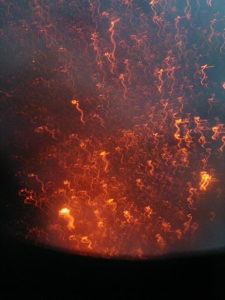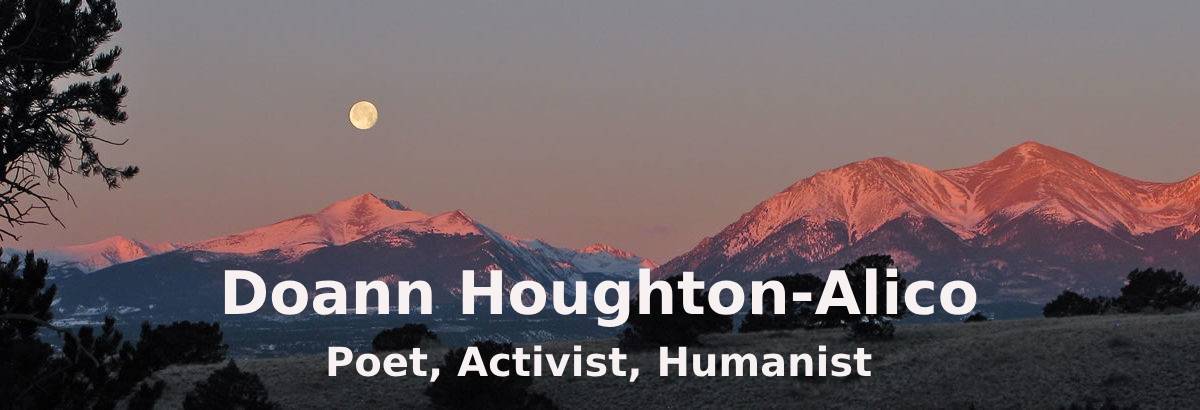
What an odd combination of letters to be pronounced KAY ahss (more correctly kā äs); a nice sibilant S, like serpent, sin, not a sound that disappears quickly, nor does chaos, itself. Once established, the utter and complete confusion, disorder, and mayhem of the meanings of the word compound themselves. It’s originally from ancient Greece with Hesiod writing about 700 to 730 BCE of khaos as the primeval void of the universe, in his epic poem Theogeny. The meaning can be traced to Greek, Latin and the Proto-Indo-European root, ghieh, as well as words in Sanskrit, Old Norse, Old Church Slavonic, Old High German, and other early languages.
Today, there are too many current examples of chaos: the United States with the Republican Party intent on avoiding reality, Gaza and the West Bank, Ukraine, Sudan, and so many others locations in our most unpeaceful world.
There is also a physics/mathematical meaning of chaos. In layperson’s terms, it refers to deterministic (predictable, known) systems that exhibit seemingly unpredictable behavior, but, of course, they aren’t. Their chaotic behavior is exactly the result of what might be called minimalistic “environmental” changes within the scope of the deterministic system. Because these changes are unusual and tiny, they appear random; but there is little that is truly random in math and physics. Ah, if that were only true of human behavior.
Finally, there is also a Judeo-Christian version of chaos. It is described as the void and darkness that existed before creation, but was not originally considered evil. “The gaping void” is often used to describe it. It is interpreted to become evil in the books of Genesis and Isaiah because of man’s bad behavior. Behemoth, a mythical land monster, mentioned only in the Book of Job, and Leviathan, a mythical sea monster, mentioned in the Books of Isaiah, Job, and the Psalms, were considered the demons of chaos. Khaos was compared to Kosmos, which represented the “ordered universe.”
The opposite of chaos is peace, calm. Now, when you use the word CHAOS, you’ll know all the baggage it lugs with it, and hope for its opposite to appear.
[NOTE: I took this photo during our circumnavigation at the edge of the volcano on Tanna Island in Vanuatu, South Pacific. We were on the “safe side” in terms of molten rock landing on or near us. It was majestic and unnerving at the same time, and definitely could be considered a “gaping void.”]
